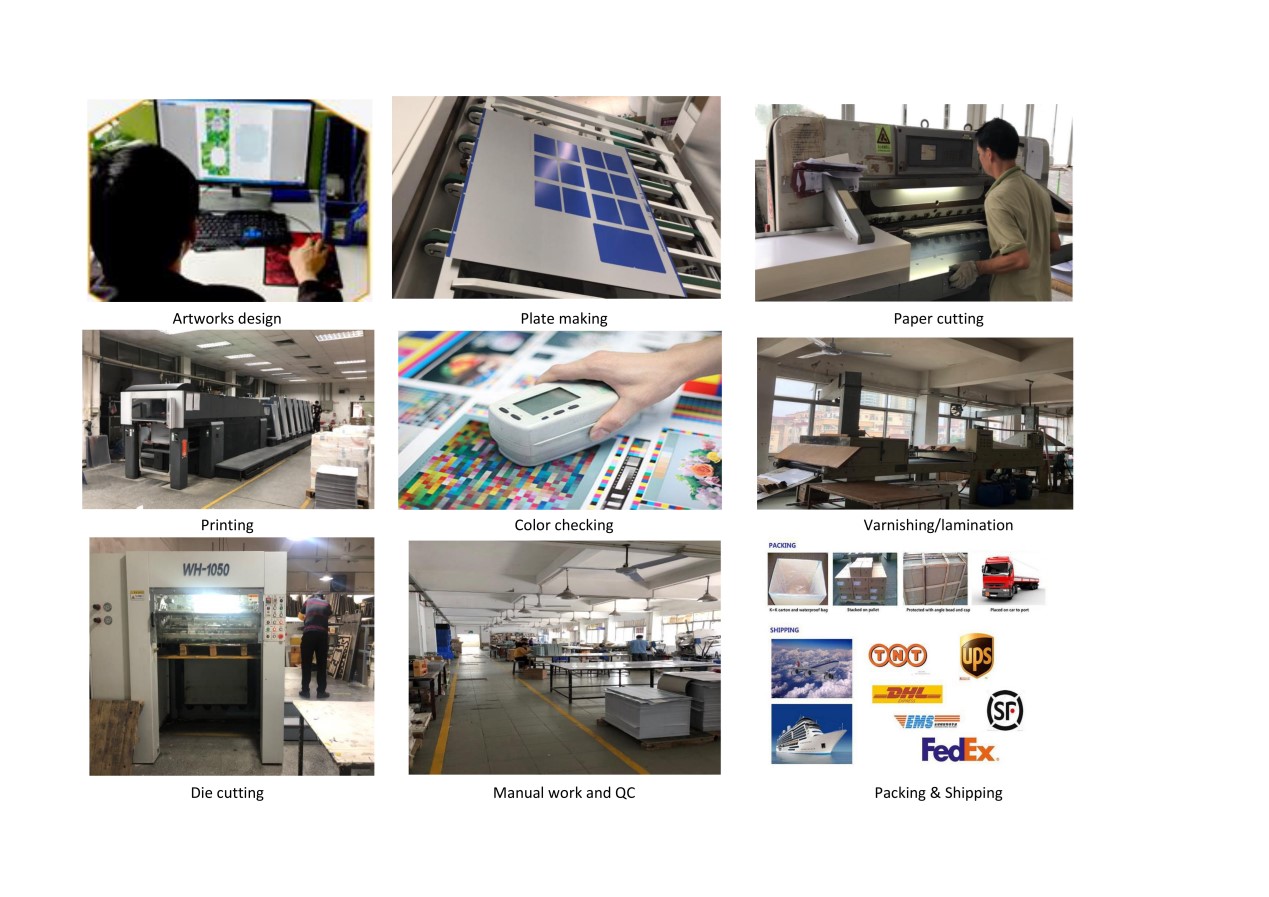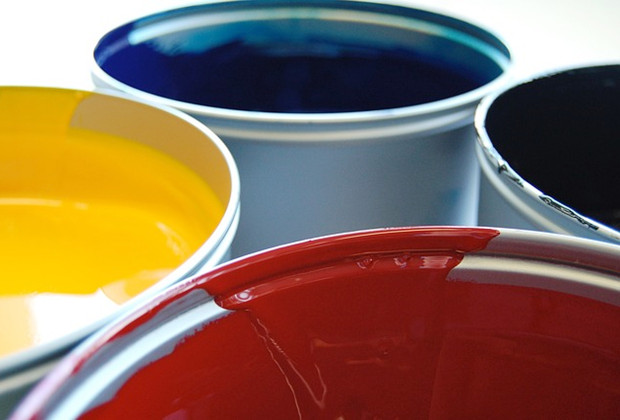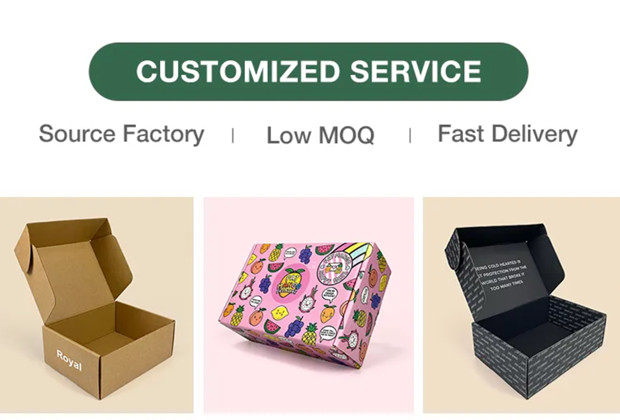Badges Categories
Badges are a versatile and visually appealing form of recognition, personal expression, or communication. They are widely used in various settings, such as events, organizations, online communities, gaming platforms, and educational institutions. Badges can signify achievements, denote roles, or reflect affiliations. As digital and physical products, badges come in different forms, such as pins, stickers, digital icons, or wearable patches. In this category, we'll explore the diverse classifications of badges and their usage across various sectors.
1.Achievement Badges
Achievement badges are awarded to individuals for completing certain tasks, reaching milestones, or demonstrating specific skills. They are commonly used in gamified platforms, educational apps, and professional certifications. Examples include:
●Academic Badges: Given to students for achieving high grades, mastering specific subjects, or completing courses.
●Fitness Badges: Awarded for reaching fitness goals, such as running a certain distance, achieving a workout streak, or improving physical health.
●Gaming Badges: Used in video games to mark accomplishments, such as defeating a boss, completing a quest, or unlocking hidden content.
2.Identity Badges
These badges are used to identify individuals within a specific context, such as workplaces, events, or memberships. They often display a person’s name, title, or organization. Some common forms include:
●Workplace Badges: Typically worn by employees to identify their role or department within a company, sometimes including security access information.
●Event Badges: Issued at conferences, trade shows, and conventions, displaying participant details and access levels (e.g., VIP, Speaker, Attendee).
●Membership Badges: Issued to members of organizations or clubs to signify their active participation, like in a professional society, volunteer group, or alumni association.
3.Role Badges
Role badges denote a person’s specific position or function within a system, organization, or community. These badges often signify responsibility or authority. Some examples include:
●Moderator Badges: Given to individuals who have the authority to oversee discussions, approve content, or maintain order in online communities or forums.
●Admin Badges: Awarded to users with administrative privileges, such as managing users, settings, or content on a platform or system.
●Team Member Badges: Indicating a member’s role within a project or team, commonly seen in collaboration software or project management tools.
4.Community Badges
Community badges are used to signify someone’s engagement or status within an online or offline community. These badges often reflect a person's contributions or level of involvement. They are especially popular in online platforms like forums or social media.
●Contributor Badges: Awarded to users who consistently contribute valuable content, such as answers, posts, or creative work.
●Supporter Badges: Given to individuals who support a cause, such as by donating, volunteering, or advocating for a movement or organization.
●Expert Badges: Denote individuals with recognized expertise in a particular area, such as a technical subject, creative field, or professional domain.
5.Honorary Badges
Honorary badges are awarded to individuals in recognition of their exceptional contributions or lifetime achievements. These are often given as a form of praise or distinction, typically for long-term commitment, loyalty, or extraordinary accomplishments.
●Lifetime Achievement Badges: Awarded to individuals who have made significant long-term contributions to an organization, industry, or cause.
●Honorary Member Badges: Issued to individuals who have been recognized for their exceptional support or service, often in organizations, clubs, or societies.
6.Event-Specific Badges
These badges are created for specific events or campaigns, often acting as memorabilia or collectibles. Event-specific badges can symbolize participation or achievement related to the event’s theme or purpose.
●Festival Badges: Given to attendees of festivals, concerts, or large gatherings, often signifying their entry, participation, or VIP status.
●Campaign Badges: Issued for specific awareness or advocacy campaigns, such as charity runs, political rallies, or environmental efforts.
●Conference Badges: Typically given at conferences, workshops, or summits to identify participants, speakers, and sponsors.
7.Recognition Badges
Recognition badges are awarded to individuals for demonstrating specific behaviors, attitudes, or accomplishments. These badges are often used to publicly acknowledge and reward people for doing something exceptional.
●Customer Service Badges: Given to employees or volunteers who provide excellent customer service or demonstrate outstanding problem-solving skills.
●Leadership Badges: Awarded to individuals who exhibit leadership qualities or contribute significantly to the success of a team or organization.
●Volunteer Badges: Recognizing those who offer their time and energy to a cause, project, or event without financial compensation.
8.Merit Badges
Merit badges are typically linked to specific skills or talents, where an individual’s proficiency in a certain area is acknowledged. These badges are often awarded in youth organizations, scouting programs, or skill-based activities.
●Scouting Badges: Commonly found in organizations like the Boy Scouts, these badges represent accomplishments in outdoor skills, crafts, or community service.
●Skill Development Badges: Awarded for mastering a particular skill, such as coding, leadership, or artistic abilities. They can be used in educational programs or self-improvement systems.
9.Digital Badges
Digital badges are used in virtual spaces, such as on websites, applications, and social media platforms. They can be earned through activities like completing tasks, contributing to forums, or participating in online communities.
●Online Learning Badges: Awarded in e-learning platforms like Coursera, Udemy, or Khan Academy, these badges reflect completed courses, certifications, or mastery of a subject.
●Social Media Badges: Used on platforms like Twitter, Reddit, or Discord, these badges signify user achievements, like reaching a certain number of followers or being verified.
10.Custom Badges
Custom badges are designed specifically for particular groups, events, or personal use. These badges may be created for unique occasions, branded for specific products, or made to reflect personal identities.
●Personalized Badges: Custom-designed badges that reflect an individual’s personality, interests, or achievements. These might be designed for events like birthdays, milestones, or personal hobbies.
●Corporate Badges: Badges created for corporate branding, team identification, or company events, usually featuring the company logo or colors.
11.Collectible Badges
Collectible badges are designed for the purpose of building a collection or commemorating a series of events or milestones. They are often used in gaming, fandoms, and special interest communities.
●Limited Edition Badges: Rare badges that are only available for a limited time or to a limited number of people, often associated with special events or anniversaries.
●Fandom Badges: Popular in fan communities, these badges represent allegiance to a specific TV show, game, band, or pop culture phenomenon.
●Game-Based Collectibles: In many games, badges are awarded for specific achievements or participation in challenges. These can range from rare items in role-playing games to collectible digital badge
FAQs About Badges
1.What types of badges do you offer?
We offer a variety of custom badges including button badges, enamel pins, magnetic badges, and embroidered patches. You can choose the style that best suits your branding needs.
2.What customization options are available?
You can fully customize your badges with your logo, artwork, text, and colors. We also offer a range of sizes and finishes such as glossy, matte, or metallic.
3.What is the minimum order quantity (MOQ) for custom badges?
Our MOQ starts at just 100 pieces for most badge types, allowing you to order in bulk or place a smaller order depending on your needs.
4.How do I submit my design for custom badges?
Simply upload your design file during the ordering process. We accept various file formats, including .AI, .EPS, .PNG, and .PDF. If you need assistance, our design team is here to help!
5.What is the turnaround time for custom badges?
Production typically takes 7-10 business days after approval of your design. Shipping times vary depending on your location. Rush orders are available for faster delivery.
6.Can I see a sample of my design before production?
Yes! We provide a digital proof of your design for approval before production begins. This ensures your badges are exactly what you envisioned.
7.Do you offer wholesale pricing for bulk orders?
Yes, we offer competitive pricing for larger orders. Please contact our sales team for a quote based on your quantity and specific requirements.
8.Can you create custom badges for corporate events or promotions?
Absolutely! Our badges are perfect for corporate events, conferences, giveaways, or promotional campaigns. We can help you create a unique design that represents your brand.
9.What materials are your badges made from?
Our badges are made from high-quality materials including durable metal, plastic, and enamel. We ensure that each badge is crafted with attention to detail for a premium finish.
10.How do I care for my custom badges?
To keep your badges looking their best, avoid contact with harsh chemicals and moisture. Clean with a soft cloth to remove dust and dirt. For enamel badges, avoid scratching the surface to maintain their vibrant colors.
11.What if I'm not happy with my order?
Customer satisfaction is our priority. If you're not satisfied with your badges, please contact us within 7 days of receiving your order, and we'll work to make it right.
12.Can I order badges with a logo or design on both sides?
Yes! We offer the option to print on both sides of the badge for a more dynamic design. Just let us know during the ordering process.
13.Do you provide packaging for badges?
Yes, we offer custom packaging options for badges, such as clear plastic cases or gift boxes. Let us know if you'd like to add custom packaging to your order.
The Production Processes for Custom Badges
1. Designing the Badge
●Conceptualization: Start by defining the purpose, shape, and style of the badge. Whether it’s for an event, promotional purpose, or a corporate giveaway, understanding the end goal is essential.
●Graphic Design: Using design software like Adobe Illustrator or CorelDRAW, create the artwork. This may include logos, text, and any specific colors or images.
●Approval: Before moving forward, it’s essential to get approval for the design to ensure it meets the required standards and specifications.
2. Choosing the Badge Type
There are several types of badges, and the choice affects the production process:
●Pin Badges: Commonly made from metal or acrylic with a pin on the back.
●Magnetic Badges: Instead of a pin, a magnet is attached for easy attachment to clothing.
●Button Badges: Typically made of metal and plastic, these are a classic choice for promotional items.
●PVC/Soft Enamel Badges: A more flexible and durable option for intricate designs.
3. Material Selection
Material choice depends on the design and purpose of the badge.
●Metal: Typically used for premium badges, such as brass, copper, or zinc alloy.
●Acrylic: A lightweight and cost-effective option, especially for event badges.
●PVC: Flexible and durable, often used for soft enamel badges.
●Paper/Plastic: Common for temporary badges or event tags.
4. Printing or Engraving
●Screen Printing: Used for flat designs, it involves pressing ink through a mesh screen onto the badge material.
●Laser Engraving: For more detailed, permanent designs, laser engraving is used, especially on metal badges.
●Offset Printing: Ideal for colorful and complex designs, this method prints the artwork directly onto the badge material.
●Embossing/Debossing: Creates a 3D effect by raising or lowering the design on the badge surface.
●Die-Cutting: Used for custom shapes, it involves cutting the material with a specific die to create the desired form.
5. Stamping or Casting
●Die-Cutting and Stamping: For metallic badges, designs are stamped or cast using dies that press the design into the metal.
●Soft Enamel: Involves adding enamel to recessed areas of a metal badge and then firing it to harden the enamel.
6. Coloring & Filling
●Soft Enamel Filling: After stamping, enamel is added to the recessed sections and baked for durability.
●Hard Enamel: This is a smoother, more polished version of enamel, and it's baked to a higher temperature, making the color more durable.
●Printing Colors: For printed badges, special inks or colored films are used to achieve the right look.
7. Finishing
After the badges are printed, stamped, or cast, they go through a finishing process to enhance their appearance and durability:
●Polishing: Metal badges are polished to remove imperfections and give them a shiny finish.
●Plating: The badge may be plated with gold, silver, or nickel to enhance appearance and durability.
●Coating: A protective coating is often applied to protect the badge from wear and tear.
8. Attaching the Fastener
●Pin Back: A metal or plastic pin is attached to the back of the badge for easy fastening to clothing.
●Magnetic Back: A magnet is added for no-damage attachment.
●Clips or Safety Pins: Used for different attachment needs, including for badges meant to be worn at events or trade shows.
9. Quality Control
Each badge undergoes a quality check for:
●Design Accuracy: Ensuring that the printed or engraved design matches the approved artwork.
●Material Quality: Ensuring the material is free from defects or damage.
●Fastening Mechanism: Checking that the pin or magnet is securely attached.
●Overall Finish: Ensuring the badge has the desired shine, color consistency, and durability.
10. Packaging and Delivery
●Packaging: Badges are often individually packed to prevent damage during transit. Packaging could be simple plastic bags, custom boxes, or velvet pouches for premium badges.
●Delivery: Once the badges are packaged, they are shipped to the customer or retailer.

What Custom Badges Are Used For?
1. Recognition & Achievement
●Employee/Volunteer Recognition: Custom badges are often used in workplaces or organizations to recognize achievements or milestones, such as completing a training program, achieving sales goals, or demonstrating leadership.
●Gamification: In games or apps, badges are used to reward users for completing certain tasks, reaching a level, or participating in challenges.
2. Branding & Marketing
●Company Logos & Identity: Custom badges can be used as part of a brand’s identity, often seen on merchandise, uniforms, or promotional items to increase brand awareness and loyalty.
●Events & Conferences: Attendees at events or conferences are often given custom badges that show their name, role, or company affiliation, helping people identify one another and network.
3. Identification & Security
●ID Badges: These are worn by employees or members of an organization to signify their role, access level, and affiliation with the company.
●Security Clearance: Some custom badges indicate different levels of security clearance, helping control access to restricted areas.
4. Social Status or Rank
●Military, Police, & Emergency Services: Custom badges in these fields are used to indicate rank, role, or special qualifications.
●Membership & Clubs: In various clubs or societies, custom badges can signify membership, rank, or participation in specific groups or activities.
5. Education & Training
●Academic Achievement: Schools and universities sometimes issue custom badges to students who excel in certain subjects or achieve specific educational milestones.
●Skill Development: For online learning platforms, custom badges are used to denote when someone completes a course or attains a new skill.
6. Support & Solidarity
●Cause-Based Badges: These badges are used to show support for causes, like charity drives, environmental movements, or social justice efforts.
●Commemoration: Badges can commemorate specific events or anniversaries, either for organizations or public causes.
7. Customer Loyalty Programs
●Rewards for Customers: Businesses use custom badges as part of loyalty programs, offering badges for repeat purchases, special promotions, or long-term customer relationships.

























